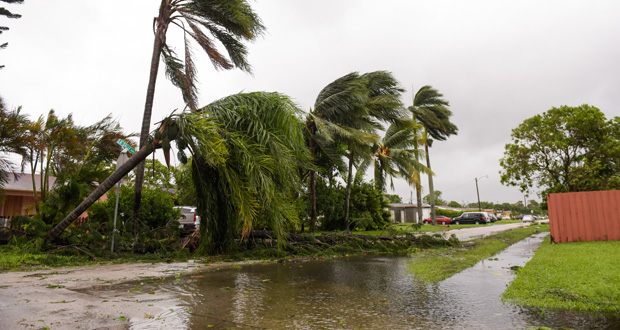Bushfires and floods have hit Australian towns this week, and those who use formula in their aftermath may be more likely to have a sick child, a new study suggests.
Category 5 cyclone Yasi, which hit in the summer of 2010-11, occurred during the Feeding Queensland Babies Study by the Child Health Research Network, allowing researchers to gain new insights into the health of babies and toddlers following natural disasters.
Children who received formula during such disasters were almost 10 times more likely to visit medical practitioners than infants not receiving formula in the four weeks following.
More than half of the mothers sought medical treatment for their children for a range of symptoms, including fever, diarrhoea, irritable behaviour, coughs and colds.
Eight of the infants were admitted to hospital.
The authors said exclusive breastfeeding and supplementary breastfeeding had a protective effect against several illnesses compared with no breastfeeding.
USC researcher and lead author Dr Ruth Newby said the study provided new insights into the difficulties families face providing nutrition to young children during natural disasters.
Some of the mothers in the study suffered property damage, had been evacuated or isolated from family support or food supplies, or had lost power or water supply.
A quarter of those who had to be evacuated were unable to pack food and/or feeding equipment for their infants prior to leaving home.
Some of the women also said they used formula they believed may have been unsafe during the emergency.
“In Australia we tend to assume we can always feed our babies and that clean water is a given – until suddenly it is not,” Newby said.
“Emergencies can remove the infrastructure that usually makes formula feeding relatively safe, potentially exposing formula-fed infants to greater than usual risks.”
Newby said there is a clear need for priority access to resources for those caring for infants and young children in emergencies, and for public health messages before and during such events.
“Such support may reduce infant morbidity and may even save infant lives.”
Do you have an idea for a story?Email [email protected]
 Aged Care Insite Australia's number one aged care news source
Aged Care Insite Australia's number one aged care news source

